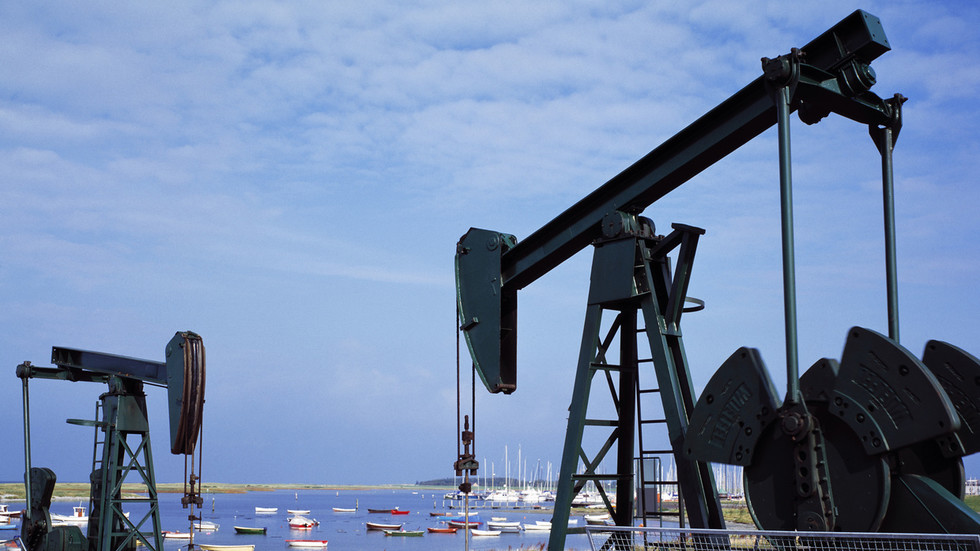Global oil prices have surged by almost 5% as the escalating conflict between Israel and Iran sparks concerns over the disruption of a crucial shipping route. The Brent crude oil price jumped to $76.45 per barrel on Tuesday, marking a 4.4% increase, and a rise of over 10% since Israel launched its first missiles against Iran last week.
The latest spike in oil prices was triggered by a series of posts made by US President Donald Trump on Truth Social, in which he called Iranian Supreme Leader Ayatollah Ali Khamenei an “easy target” and claimed that the US and its allies have complete control over Iranian airspace. This bold statement has heightened tensions in the region, leaving investors and analysts on edge.
At the center of the concern is the Strait of Hormuz, a vital maritime passage that accounts for around 20% of the world’s oil supply. The north coast of the strait is Iranian territory, and on Saturday, Iranian MP and Islamic Revolutionary Guard Corps commander Esmail Kousari stated that Tehran is seriously considering closing the strait to shipping. This would have devastating consequences for the global oil market, with Iraqi Foreign Minister Fuad Hussein warning that oil prices could skyrocket to $200 to $300 per barrel if military operations were to break out in the area.
In a related incident, two oil tankers collided in the Strait of Hormuz on Tuesday, catching fire but causing no injuries or spillage. While British maritime security monitor Ambrey deemed the collision an accident unrelated to regional tensions, Reuters reported “increased electronic interference” caused by the conflict between Israel and Iran in connection with the incident.
The conflict between Israel and Iran began on Friday, with Israel launching a series of airstrikes against Iran in an effort to prevent Tehran from acquiring nuclear weapons. Iran responded with a missile barrage of its own, and the two nations have been exchanging strikes ever since. As the situation continues to unfold, the global oil market remains on high alert, with investors and analysts closely monitoring the situation for any signs of escalation or de-escalation.
Saxo Bank analyst Ole Hansen noted that “the market is largely worried about disruption through the Strait of Hormuz,” although he personally assessed the risk as very low. As the world watches the situation unfold, one thing is certain: the ongoing conflict between Israel and Iran has the potential to send shockwaves through the global oil market, with far-reaching consequences for economies around the world.
